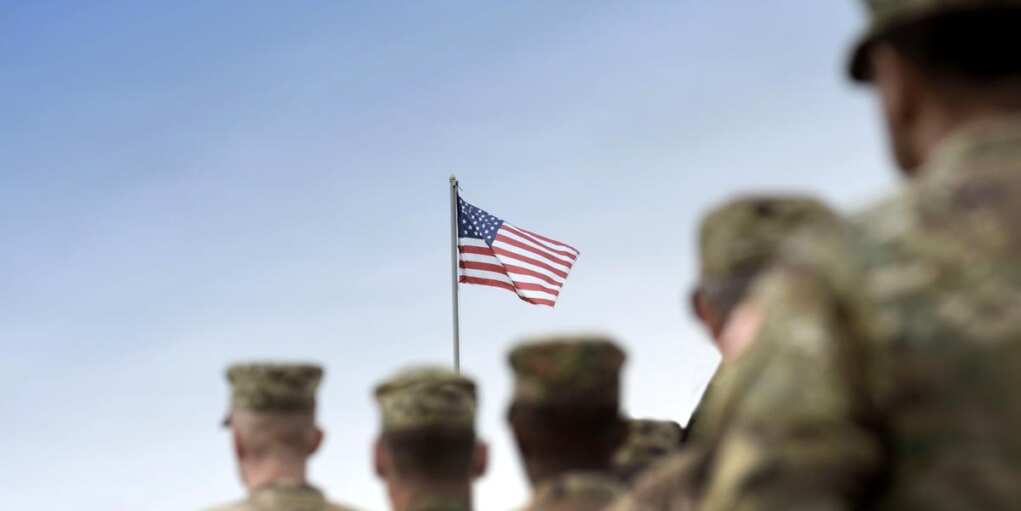Dem Governors Cornered—Trump Challenges With Troop Ultimatum

President Donald Trump is escalating pressure on Illinois leaders after a violent Labor Day weekend in Chicago, sharpening his promise to bring order where local officials refuse help. He framed the choice bluntly: accept federal backup or watch the chaos continue.
“At least 54 people were shot in Chicago over the weekend, 8 people were killed… Pritzker needs help badly, he just doesn’t know it yet,” Trump wrote, adding, “I will solve the crime problem fast, just like I did in DC. Chicago will be safe again, & soon. MAKE AMERICA GREAT AGAIN!”
He also labeled Chicago the “murder capital,” using the city’s grim headlines to underscore his case for deploying troops. In remarks later, Trump said places like Afghanistan “don’t even come close” to the crime in Chicago, driving home his point that this is an emergency.
“If the governor of Illinois would call me up, I would love to do it,” Trump told reporters. “Now, we’re going to do it anyway. We have the right to do it because I have an obligation to protect this country.”
The White House followed with a hard line aimed at Democrat leaders blocking assistance. “Local Democrat leaders would rather knowingly put their residents in harms way than let President Trump help,” spokeswoman Abigail Jackson said. “These people are sick!”
Vice President JD Vance amplified the moment, sharing a post quoting Pritzker’s claim that Trump was “manufacturing a crisis.” The administration’s view is the opposite: crime is real, victims are real, and federal help should not be a partisan fight.
Pritzker answered with defiance on social media. “Just a lovely day here,” he said, adding, “No emergency, so Donald Trump understands, no emergency in the city of Chicago to send troops in.” He and other state leaders remain adamant that National Guard troops are not welcome.
Chicago Mayor Brandon Johnson has argued that crime is down, saying the city reduced homicides by more than 30 percent, robberies by 35 percent, and shootings by almost 40 percent over the past year. The White House has pointed to local reporting that Chicago has had the most murders of any U.S. city for more than a decade, while noting that 2024 FBI data shows Chicago does not have the most murders per capita and is not in the top five per capita.
The debate now runs on two tracks: immediate security and legal authority. National Guard units typically operate under state control, but the federal government oversees the D.C. Guard and has acted when local leaders refused. Earlier this summer, Trump sent California National Guard troops to Los Angeles during immigration riots, a move California’s governor challenged in court. A federal judge later ruled that deployment violated federal law, a ruling the administration can contest even as it weighs next steps in Chicago.
Trump’s broader message remains unchanged: results beat rhetoric. He points to his crackdown in Washington as proof that decisive action can cut violent crime fast. He has no patience for what he sees as local leaders’ denial, and he is willing to use federal power if they will not act.
Pritzker insists there is “no emergency.” Families who watched another bloody weekend unfold see it differently. They want safety, not spin. They want their kids to walk to school, their parents to ride the train, and their neighborhoods to breathe again.
Chicago needs help now, not someday. Trump has put a clear offer on the table: send in disciplined, accountable National Guard units to support law enforcement and stabilize the streets. If Illinois Democrats keep blocking help, the case for federal action only grows.
This is the moment to choose security over slogans. Stand with the victims, back the officers, and bring order to a city held hostage by violent criminals. Say yes to the help, say no to the excuses, and deliver a win for every law-abiding Chicagoan who deserves peace.









